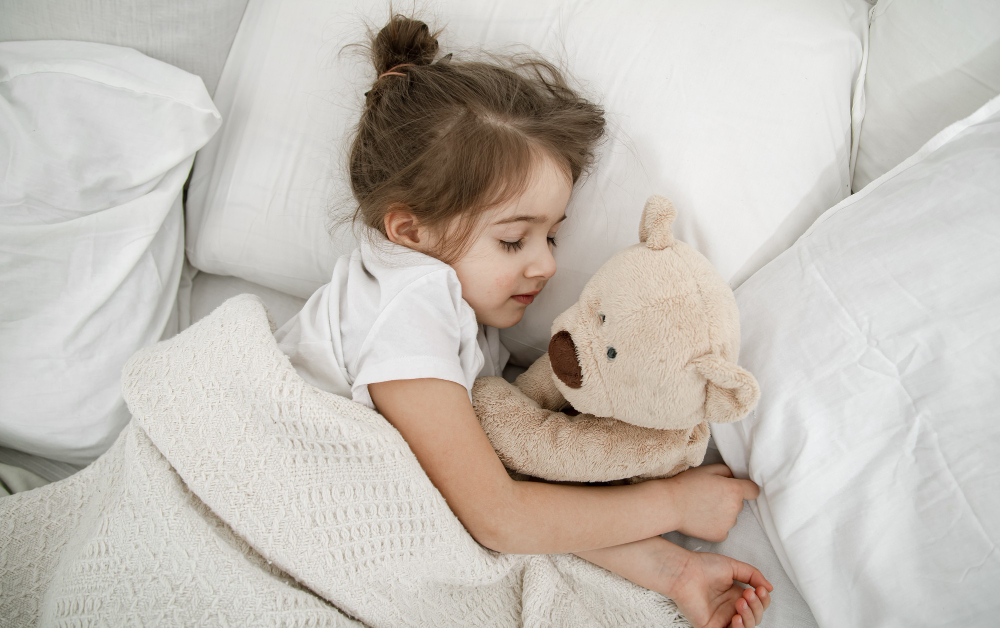Fun is an elementary force shaping the child at both physical, emotional and social levels. Depressing into its essence discovers a world in which imagination flourishes, interests or talents are clarified. Toys have the power to care for cognitive abilities, develop social skills, improve fitness, and even serve as educational catalysts for developing intellect.
The role of toys in the child's cognitive development
Toys provide children with the opportunity to get involved in tasks related to solving problems, exercises to remember and trigger creativity. For example, construction toys, such as blocks or puzzles, require children to develop strategies, plan and implement solutions to create coherent structures, which from an early age develops their problems solving problems. Such actions not only pose a challenge for their cognitive processes, but also encourage perseverance and resistance in the face of obstacles.
Thanks to carefully prepared games with various toys, from interactive robots to art supplies, children develop critical thinking skills, necessary to deal with complex challenges both in science and in social life. Using toys such as logical puzzles or scientific equipment, children learn systematically analyzing information, assessing options and making informed decisions - this is a priceless set of skills that goes beyond the scenarios of fun and includes applications in the real world.

Scientific studies have consistently demonstrated a positive correlation between the use of educational toys designed to stimulate cognitive functions and later developmental results in areas such as proficiency in solving problems and the speed of information processing.
Toys as tools for the development of social skills
Through interactive fun with toys, children learn the basics of communication, cooperation and empathy. When they engage in a game that requires roles, they begin to understand the importance of listening to others, waiting for their turn and comply with the rules of social interaction. This process not only develops social skills, but also introduces them to the concept of mutual respect in the context of fun.
Ingenious fun is particularly helpful in developing emotional intelligence and accepting a perspective in young minds. When children use toys to create scenarios or playing various characters, they develop a deeper understanding of emotions and various points of view. Playing with dolls or figurines can allow children to play roles in which they discover emotions such as empathy, kindness and even conflict resolution. In this way, toys become powerful tools for expanding children's emotional awareness.
The best toys for the youngest
For newborns, soft and textured toys are ideal for sensory development. It is worth looking for options such as toys from crinkled fabric or plush animals with various textures that will help stimulate the senses. Black and white models with high contrast can also attract their attention when they begin to focus on visual stimuli.
When babies begin to discover more and more with handles, light rattles and teethers can provide both touch stimulation and a source of comfort during teething. Gymnastic exercises with hanging toys encourage you to reach and grip, while promoting hand-room coordination. Simple wooden blocks are perfect for stacking, turning and developing basic problems solving.
In the case of yearlings, toys for pushing and pulling, which encourage movement, help develop motor skills and support the early stage of walking. Sports sorters and plates for classes offer opportunities to develop creativity and cognitive development, while ensuring entertainment. Musical instruments such as drums or xylophones can arouse a passion for exploring sounds, in a funny way developing a sense of rhythm.




